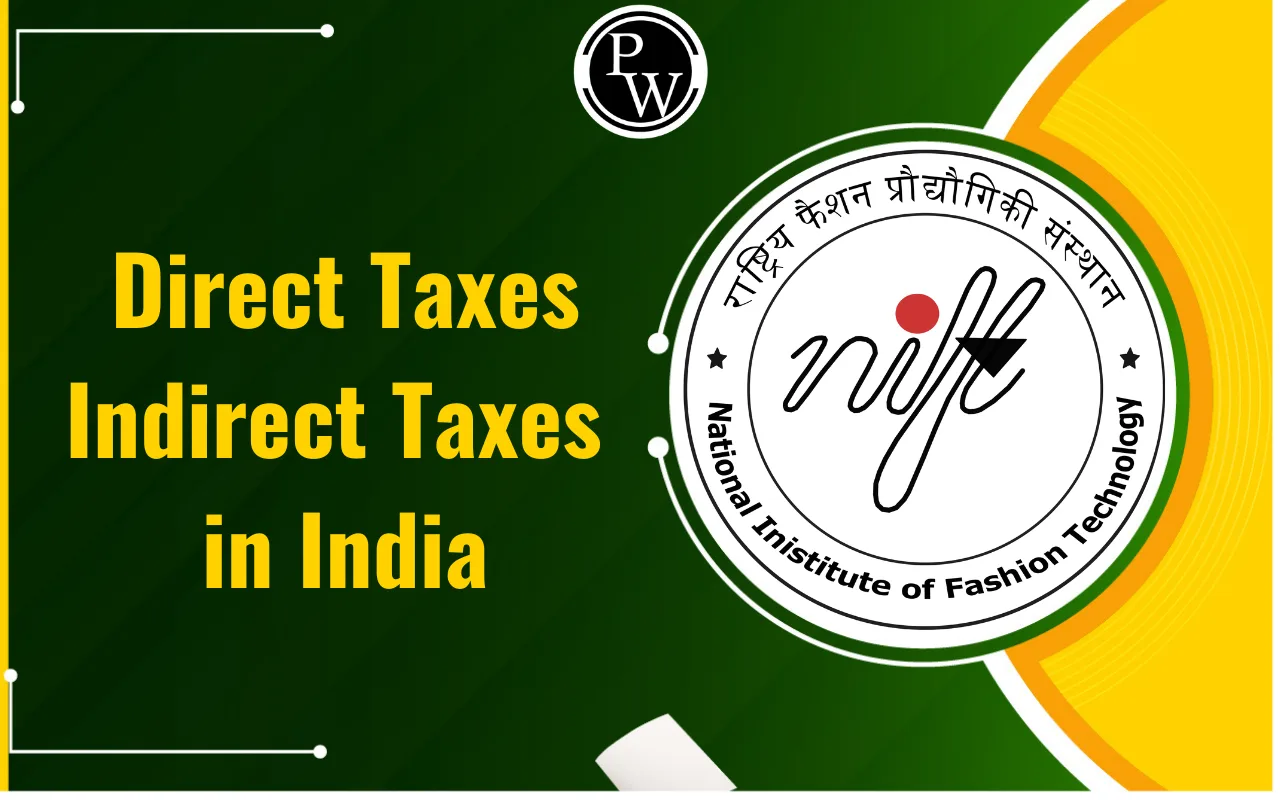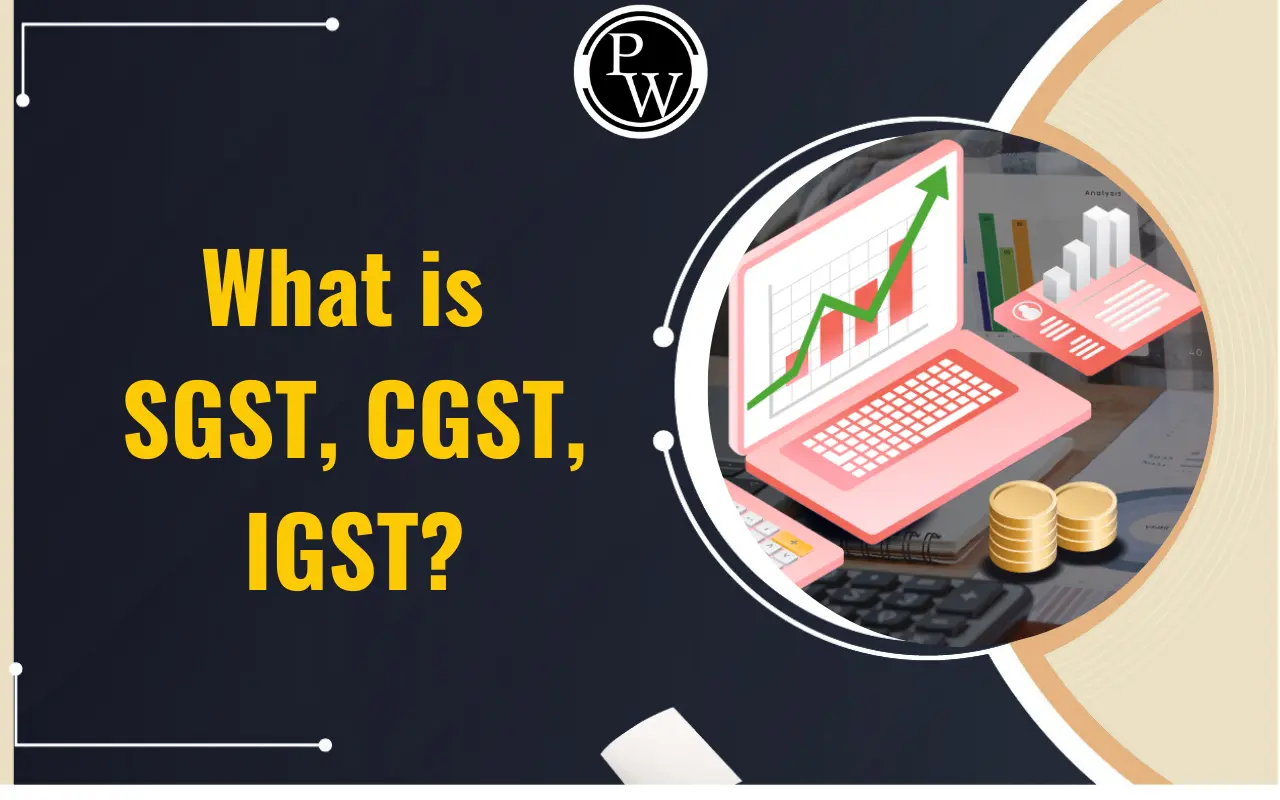
Presumptive taxation is a concept introduced by the Income Tax Act of India to simplify the tax compliance process for small businesses and professionals. It offers relief from maintaining detailed books of accounts and getting audits done, which otherwise can be both time-consuming and expensive. The primary keyword "Presumptive Taxation" is not just a regulatory term but a practical approach designed to ease the tax burden on eligible individuals and entities.
What is Presumptive Taxation?
Presumptive taxation is a streamlined approach to taxes that was implemented to reduce the cost of compliance for professionals, freelancers, and small enterprises. Eligible taxpayers can submit their revenue at a set rate based on turnover or receipts rather than keeping thorough account books and going through long-term audits. Tax compliance is encouraged, and administrative burdens are decreased using this technique.
The declared income is known as presumptive income under the presumptive taxation plan because it is assumed to represent a fixed proportion of gross receipts or turnover. Taxpayers who use this plan are not required to maintain regular books of accounts or deal with audits, making it a popular option for small enterprises and professionals.
Applicability of Presumptive Taxation
Presumptive Taxation for business and profession is applicable to specific categories of taxpayers:
Section 44AD: Applicable to individuals, Hindu Undivided Families (HUFs), and partnership firms (excluding LLPs) engaged in eligible businesses with turnover within prescribed limits.
Section 44ADA: Covers professionals engaged in specified professions like medicine, law, architecture, accountancy, and technical consultancy.
Section 44AE: Applies to those involved in the business of plying, hiring, or leasing goods carriages.
Presumptive taxation for business and presumptive taxation for professionals aims to encourage tax compliance by offering a simplified route.
Also Check: Interest Rates, Types, and What They Mean to Borrowers
Presumptive Taxation Scheme Under Section 44AD
This section applies to small businesses with a turnover up to a prescribed threshold. The income is presumed to be:
- 8% of turnover for non-digital transactions
- 6% for digital transactions
Businesses with cash receipts not exceeding 5% of total turnover can opt for this scheme up to a higher turnover threshold. Presumptive Taxation under Section 44AD eliminates the need to maintain detailed books or get an audit done.
Presumptive Taxation for Professionals (Section 44ADA)
Presumptive taxation for professionals is available under Section 44ADA. Professionals such as doctors, lawyers, engineers, and architects can declare 50% of their total receipts as income, provided the total gross receipts are within the prescribed limit.
This scheme is particularly useful for independent professionals who do not have extensive financial or administrative infrastructure. It simplifies their compliance and offers considerable tax savings.
Also Check: Financial Modeling Techniques
Benefits of Presumptive Taxation
Presumptive Taxation provides multiple benefits:
Ease of compliance: No need to maintain regular books of accounts
No audit requirement: If you opt for this scheme, tax audit requirements are waived
Time and cost-saving: Reduces the burden of professional charges for bookkeeping and audits
Quick computation: Income can be quickly computed using percentages defined in the law
These benefits encourage more taxpayers to come under the tax ambit and comply easily with income tax regulations.
Also Check: Top Tax Preparer Interview Questions 2025
Presumptive Taxation for Business Example
Let’s take an example to understand presumptive taxation for business. Assume a trader has a turnover of Rs. 1.8 crore. Out of this, Rs. 1.2 crore is received through digital payments and Rs. 60 lakhs through cash. Under Section 44AD:
- Income from digital transactions = Rs. 1.2 crore x 6% = Rs. 7.2 lakhs
- Income from cash transactions = Rs. 60 lakhs x 8% = Rs. 4.8 lakhs
- Total income = Rs. 12 lakhs
This total can be declared without maintaining any books or audit.
Presumptive Taxation for Professionals: Example
Ravi is a freelance interior designer who earns Rs. 40 lakhs in a financial year. Under Section 44ADA, he can declare 50% of the total receipts as income:
Income = Rs. 20 lakhs (50% of Rs. 40 lakhs)
He is not required to maintain books or submit an audit report if he opts for the presumptive taxation scheme.
Filing of Returns under Presumptive Taxation
Taxpayers opting for presumptive taxation must file their returns through ITR-4. This form is specifically designed for individuals and HUFs having income from business or profession under the presumptive scheme.
Key Dates to Remember:
- Return filing without audit: 31st July of the assessment year
- Return filing with audit (if applicable): 31st October
Important Considerations
- Once a taxpayer opts for presumptive taxation, they must continue for five consecutive years (Section 44AD).
- Opting out before five years would disqualify the taxpayer from re-entering the scheme for the next five assessment years.
- Presumptive taxation for professionals does not have the five-year condition, offering more flexibility.
Limitations of Presumptive Taxation
While presumptive taxation simplifies tax compliance, it may not be suitable for all. If your actual expenses are significantly higher than the presumed rate, it might increase your tax burden. Also, it is not available for:
- Companies and Limited Liability Partnerships (LLPs), as the scheme is meant for individual taxpayers, HUFs, and certain partnership firms
- Businesses involved in earning income through commission or brokerage, where the revenue model does not align with the standard assumptions of presumptive taxation
- Agencies or intermediaries representing others, as the nature of their income does not conform to the provisions under sections like 44AD and 44ADA
- Entities engaged in businesses involving foreign income or cross-border operations, due to complexities in income attribution and regulatory requirements
Presumptive Taxation is a significant initiative that simplifies tax compliance for small businesses and professionals. It reduces the complexities of maintaining records and undergoing audits. The presumptive taxation scheme not only saves time but also promotes better compliance among small taxpayers.
Whether you are a small trader or a professional like a consultant or designer, opting for presumptive taxation can be a practical approach. Understanding the nuances of presumptive taxation for professionals and presumptive taxation for business is crucial to determine eligibility and reap the benefits effectively.
By streamlining income reporting and reducing administrative burden, presumptive taxation stands as a practical solution under the Income Tax regime. For many taxpayers, especially those operating on a smaller scale, this scheme can lead to simplified compliance and peace of mind.
Supercharge Your Career with PW Accounting and Taxation Course (in association with PwC India)
The PW Tax and Accounting Course (in association with PwC India) is designed just for you. This comprehensive, industry-aligned course not only deep dives into consumption tax, GST, and VAT but also equips you with practical skills that make you job-ready in top companies. With real-world projects, mentorship, and a certificate from one of the most trusted names in finance, PwC India, you’ll be prepared to tackle real tax challenges like a pro.
Join the PW Certification Program in Finance, Tax and Accounting (in association with PwC India) and future-proof your career today.
Presumptive Taxation FAQ
Can a taxpayer claim further deductions under sections like 80C after opting for presumptive taxation?
Is it mandatory to opt for presumptive taxation if my income qualifies?
Can I switch back to regular taxation after choosing presumptive taxation?
Can salaried individuals opt for presumptive taxation on their freelance or side business income?
Is GST registration required to opt for presumptive taxation?










